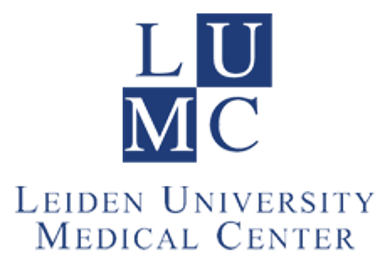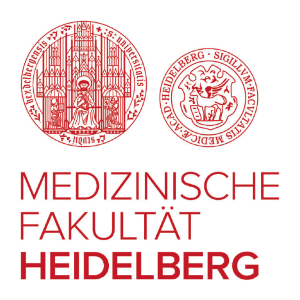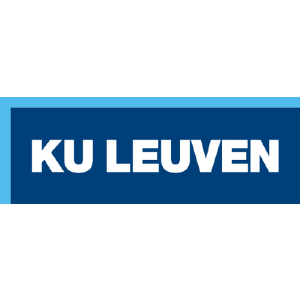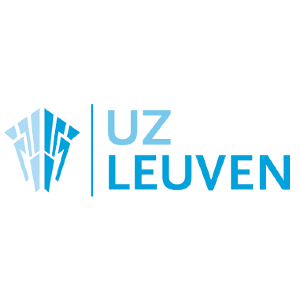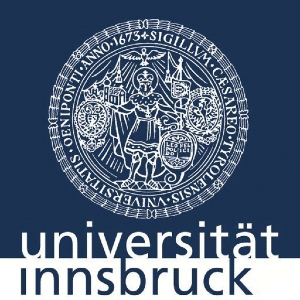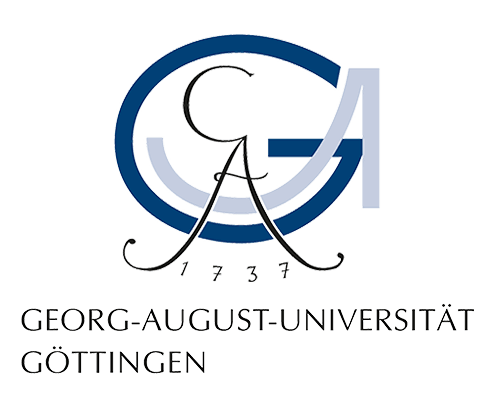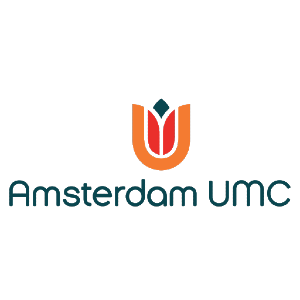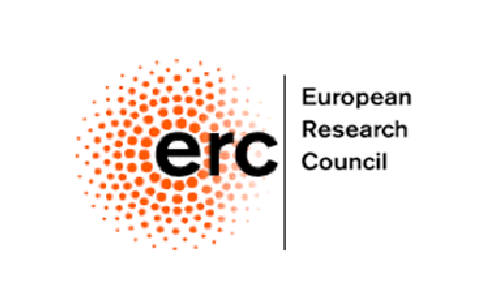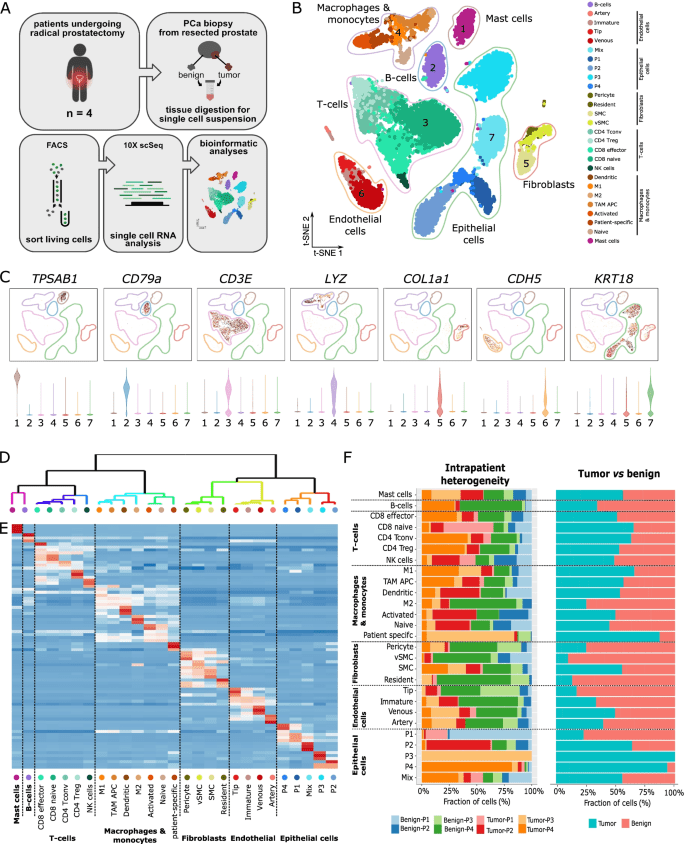Situation
Prof. Dr. Carmeliet is one of the most distinguished and most highly cited biomedical researchers in the world. He published over 750 papers (190,773 citations, h-index 207 according to Google Scholar). In particular, Prof. Dr. Carmeliet is recognized for his seminal work on unravelling the molecular mechanisms of angiogenesis, in particular the role of vascular endothelial growth factor (VEGF) and placental growth factor (PLFG).
Prof. Carmeliet won various awards, including the Francqui Prize in Biological and Medical Sciences (2002), the Ernst Jung Prize in Medicine (2010) and the Heineken Prize for Medicine (2018). In 2015 King Filip of Belgium granted him the Noble title of ‘Baron’. In April 2021 he was elected as an International Honorary Member of the prestigious American Academy of Arts & Sciences (AAAS). Recently he was elected Member Class of Biomedical Engineering, European Academy of Engineering, Sweden (EAE) (2024). Several of Dr. Carmeliet’s findings have inspired medical treatment and biotech startups.
Challenge
As the main focus of an European Research Counsel (ERC) grant application, Dr. Carmeliet wanted to bridge the valley of death in biomedical research, the gap between basic research findings and clinical translation. The question then quickly became how to identify novel therapeutic targets leveraging Artificial Intelligence and public data mining.
Solution
Unicle provided extensive support to conceptualize and develop the ERC advanced grant for Prof. Carmeliet. Our assistance included one-on-one sessions with Prof. Carmeliet, team discussions, multiple draft reviews, and help in formulating and conceptualizing ideas. Once the concept was fully crystallized, we collaborated with the Carmeliet team to generate proof-of-concept preliminary data. Together, we co-developed an algorithm to support identifying novel therapeutic targets and applied it to public and in-house data. Our biomedical data scientists and software engineers worked closely with Dr. Carmeliet’s team to achieve this within tight deadlines.
Result
Within two months, we co-developed a neural network model-based deep learning (DL) classifier integrating scRNA-sequencing data and an in-house highly curated list of training genes, to predict immunosuppressive genes among to date uncharacterized (“mystery genes”) or poorly characterized genes expressed in endothelial cells. This algorithm, and preliminary data generated with it formed an integral part of Dr. Carmeliet’s ERC advanced grant application. Prof. Dr Carmeliet was awarded his third Advanced ERC grant in April 2022.
Key results
Successfull ERC grant application
Building bioinformatics capabilities
Stepping stone to follow-up projects

Unicle resources
“The expertise that Unicle brings and it’s speed of delivery has set a new standard”
Prof. Dr. Peter Carmeliet
Department of Oncology, Faculty of Medicine, KU Leuven
Group lead Laboratory of Angiogenesis & Vascular Metabolism, VIB
Background and contact details

